Navigating the Waters: A Comprehensive Guide to Mississippi’s Lakes
Related Articles: Navigating the Waters: A Comprehensive Guide to Mississippi’s Lakes
Introduction
With great pleasure, we will explore the intriguing topic related to Navigating the Waters: A Comprehensive Guide to Mississippi’s Lakes. Let’s weave interesting information and offer fresh perspectives to the readers.
Table of Content
Navigating the Waters: A Comprehensive Guide to Mississippi’s Lakes
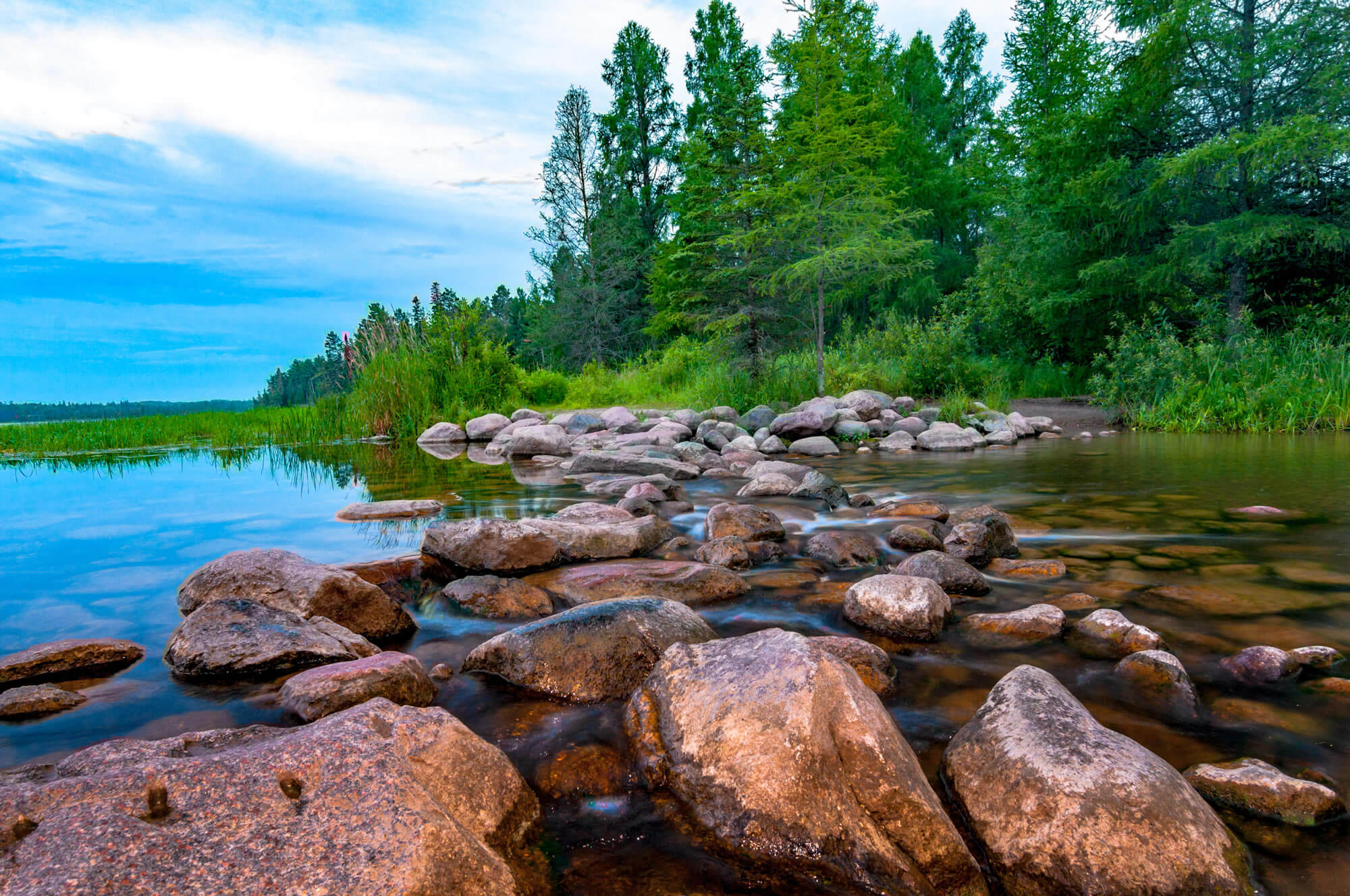
Mississippi, known for its sprawling plains and vibrant culture, also boasts a network of diverse lakes, offering a wealth of recreational opportunities and ecological significance. Understanding the distribution and characteristics of these lakes is essential for appreciating the state’s natural beauty and its impact on local communities.
A Geographic Overview: Mississippi’s Lakescape
Mississippi’s lakes are primarily categorized into two distinct types: natural and man-made. Natural lakes, formed through geological processes, are often characterized by their unique ecosystems and biodiversity. Man-made lakes, created through damming rivers or excavating land, serve a range of purposes, from flood control and water supply to recreation and power generation.
Natural Lakes: A Legacy of Time
Mississippi’s natural lakes are primarily found in the north-central and northeastern regions, where the terrain is more undulating. These lakes are often remnants of ancient glacial activity or formed by natural depressions in the landscape. Some notable natural lakes include:
- Lake Okatibbee: Located in the eastern part of the state, this lake is known for its scenic beauty and excellent fishing. It is a popular destination for boating, camping, and hiking.
- Lake Lee: Situated near the town of Grenada, this lake is a haven for anglers seeking bass, crappie, and catfish. The surrounding area offers opportunities for birdwatching and nature photography.
- Lake George: This lake in the northeastern part of the state provides a tranquil escape for those seeking solitude and relaxation. Its clear waters are ideal for kayaking and canoeing.
Man-Made Lakes: Shaping the Landscape
Man-made lakes, often referred to as reservoirs, play a crucial role in Mississippi’s water management and economy. They are strategically located throughout the state, serving various purposes. Some notable examples include:
- Ross Barnett Reservoir: Located near Jackson, this reservoir is the largest in Mississippi, providing drinking water for the state capital and offering abundant recreational opportunities.
- Sardis Lake: Situated in the northern part of the state, this reservoir is renowned for its excellent fishing, especially for bass and crappie. It also serves as a vital source of flood control for the surrounding area.
- Enid Lake: Located in the northeastern part of the state, this reservoir is a popular destination for boating, fishing, and camping. Its scenic beauty and abundance of wildlife make it a favorite among nature enthusiasts.
Ecological Significance: A Haven for Biodiversity
Mississippi’s lakes are not merely bodies of water; they are vital ecosystems that support a diverse array of plant and animal life. These lakes provide habitats for fish, birds, reptiles, amphibians, and various aquatic invertebrates. They also serve as important stopover points for migratory birds, contributing to the state’s rich avian diversity.
Recreational Opportunities: A Playground for All
Mississippi’s lakes offer a wide range of recreational opportunities, catering to diverse interests. From fishing and boating to swimming and camping, these lakes provide a perfect escape for outdoor enthusiasts. Some popular activities include:
- Fishing: Mississippi’s lakes are renowned for their abundant fish populations, including bass, crappie, catfish, and bream. Anglers of all skill levels can find their ideal spot to cast a line.
- Boating: The state’s lakes offer ample opportunities for boating, from leisurely cruises to high-speed water sports. Many lakes have designated areas for swimming, picnicking, and other water-based activities.
- Camping: Numerous campgrounds surround Mississippi’s lakes, providing opportunities for overnight stays and extended outdoor adventures. These campgrounds offer amenities like restrooms, showers, and fire pits.
Economic Impact: A Driving Force for Tourism
Mississippi’s lakes play a significant role in the state’s economy, driving tourism and supporting local businesses. The recreational opportunities offered by these lakes attract visitors from across the region, generating revenue for hotels, restaurants, marinas, and other tourism-related industries.
Conservation and Management: Preserving Our Aquatic Treasures
Preserving the health and integrity of Mississippi’s lakes is crucial for their ecological and economic benefits. This requires a collaborative effort between government agencies, local communities, and individuals to ensure sustainable management practices.
FAQs: A Deeper Dive into Mississippi’s Lakes
Q: What are the best lakes in Mississippi for fishing?
A: Mississippi boasts a diverse array of lakes renowned for their fishing. Some of the most popular include Ross Barnett Reservoir, Sardis Lake, Enid Lake, and Lake Okatibbee. These lakes offer excellent opportunities for catching various species, including bass, crappie, catfish, and bream.
Q: Are there any lakes in Mississippi suitable for swimming?
A: Yes, many lakes in Mississippi have designated swimming areas. Ross Barnett Reservoir, Sardis Lake, and Enid Lake are among the most popular options. It’s essential to check for any safety advisories or restrictions before swimming.
Q: What are the best lakes in Mississippi for camping?
A: Mississippi’s lakes offer a range of camping options, from primitive campsites to fully equipped RV parks. Some popular choices include:
- Lake Okatibbee State Park: This park offers a variety of campsites, including primitive sites, RV hookups, and cabins.
- Sardis Lake: This lake has numerous campgrounds, including those operated by the US Army Corps of Engineers and private campgrounds.
- Enid Lake: This lake offers several campgrounds, including those managed by the Mississippi Department of Wildlife, Fisheries, and Parks.
Q: Are there any lakes in Mississippi suitable for kayaking or canoeing?
A: Yes, many lakes in Mississippi are ideal for kayaking and canoeing. Lake George, Lake Lee, and the smaller lakes and bayous within the Mississippi Delta offer tranquil paddling experiences.
Q: How can I contribute to the conservation of Mississippi’s lakes?
A: You can contribute to the conservation of Mississippi’s lakes by:
- Practicing responsible fishing: Follow catch limits and regulations, and use proper fishing techniques to minimize environmental impact.
- Keeping lakes clean: Dispose of trash properly and avoid littering.
- Conserving water: Use water wisely at home and in your outdoor activities.
- Supporting organizations dedicated to lake conservation: Contribute to or volunteer for organizations that work to protect and restore Mississippi’s lakes.
Tips: Enhancing Your Lake Experiences
- Plan ahead: Check weather forecasts and water conditions before heading to a lake.
- Wear appropriate attire and safety gear: Pack sunscreen, insect repellent, and life jackets for all water activities.
- Be aware of wildlife: Maintain a safe distance from animals and avoid disturbing their habitats.
- Respect the environment: Leave no trace and minimize your impact on the lake and its surroundings.
Conclusion: Embracing the Beauty and Bounty of Mississippi’s Lakes
Mississippi’s lakes are a testament to the state’s natural beauty and ecological diversity. They offer a wealth of recreational opportunities, support local economies, and contribute to the overall well-being of the state’s residents. By understanding the characteristics and importance of these lakes, we can appreciate their value and work together to ensure their preservation for generations to come.
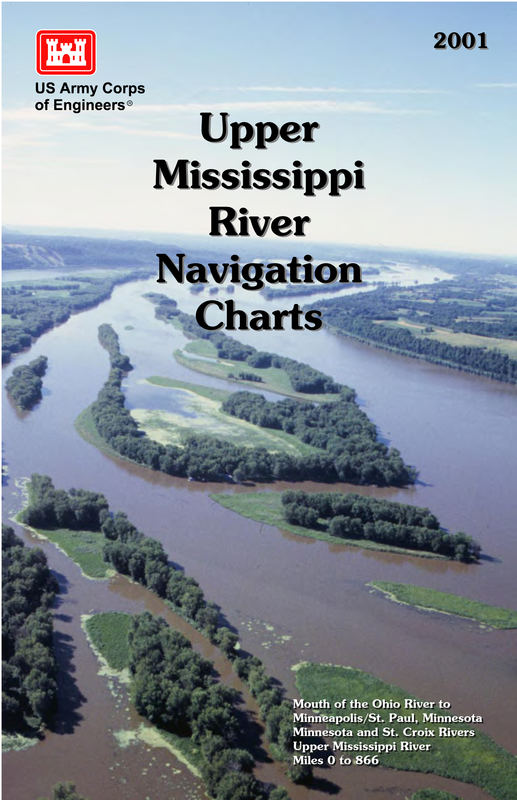


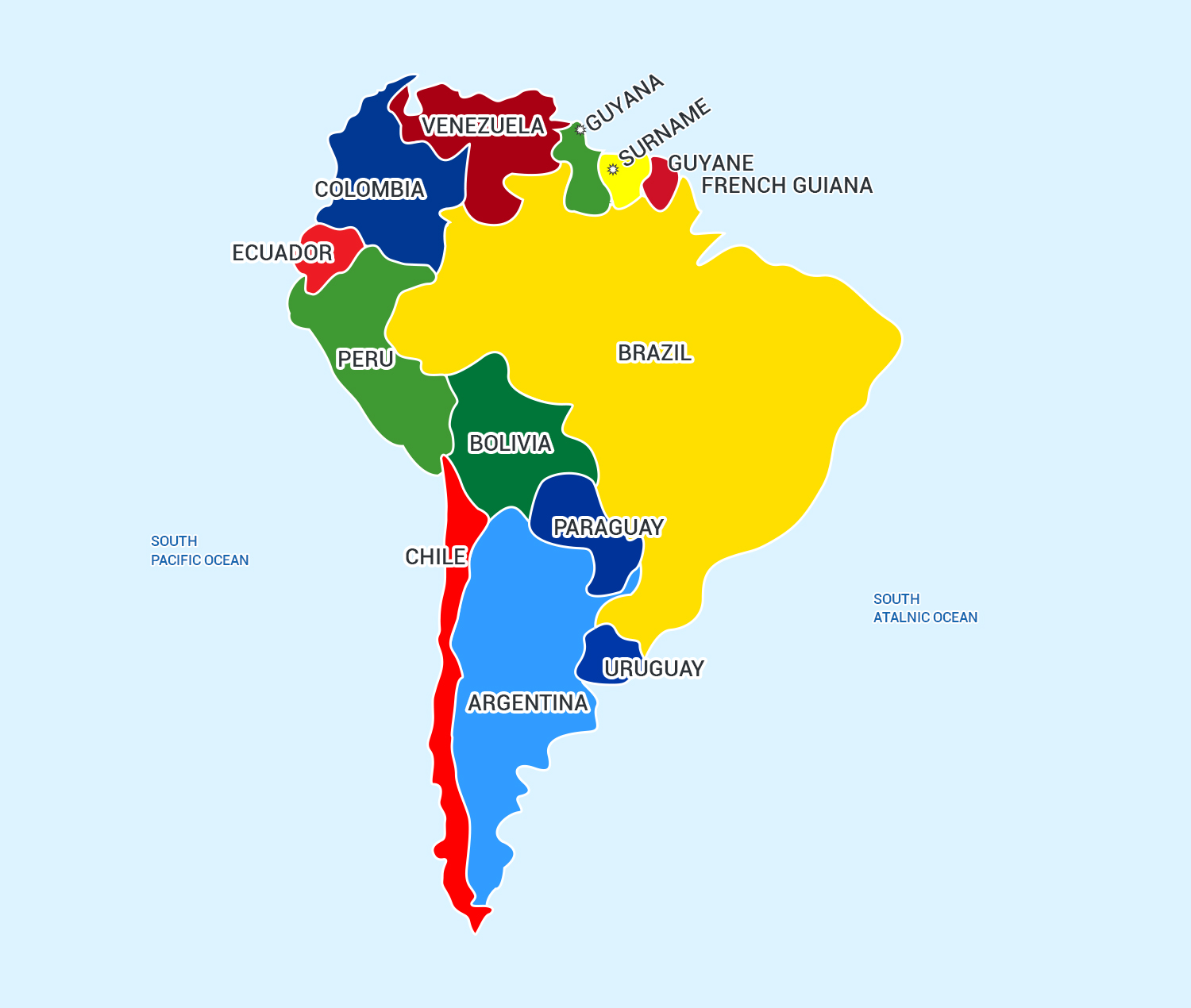
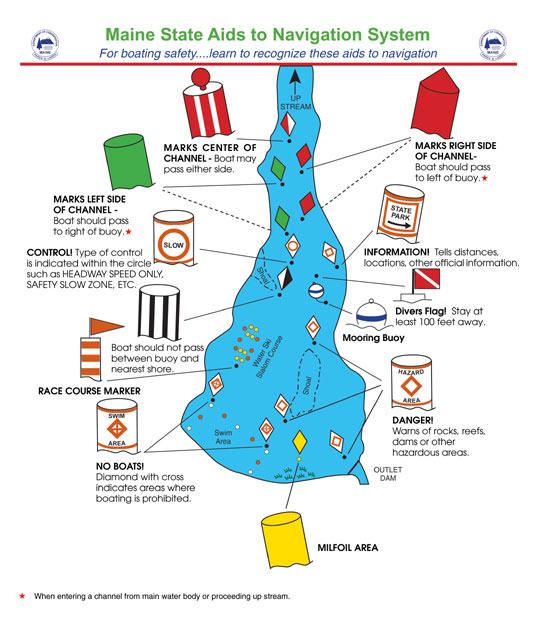
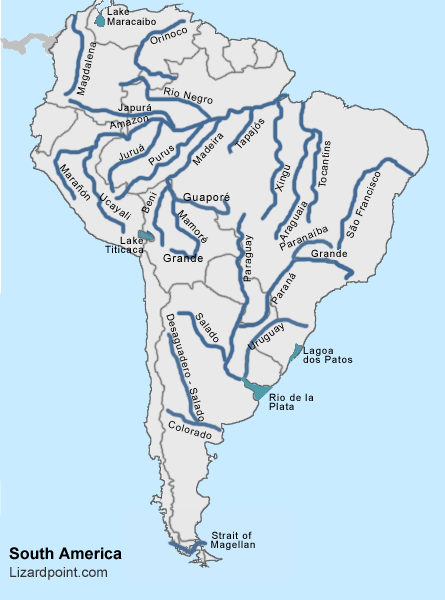

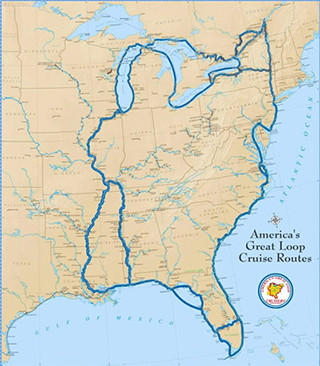
Closure
Thus, we hope this article has provided valuable insights into Navigating the Waters: A Comprehensive Guide to Mississippi’s Lakes. We hope you find this article informative and beneficial. See you in our next article!